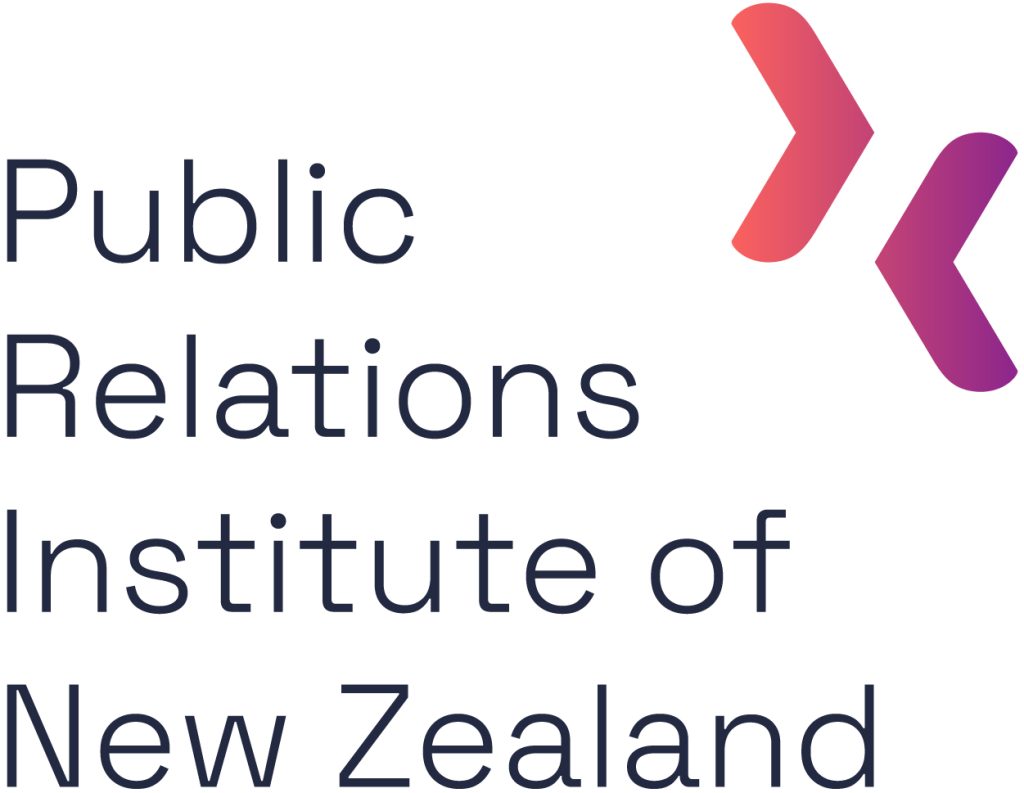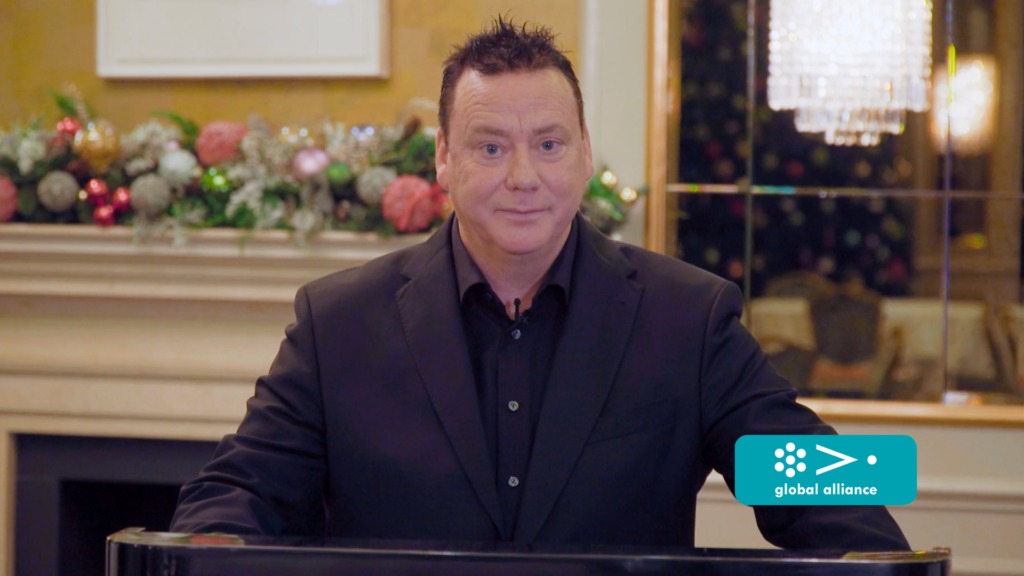How do we make the public service more responsive?


Tracey Bridges is a board director, and a strategy consultant working mostly with NGOs and sometimes with the public sector. She has provided media training and communications advice to politicians at various times over the years, though not at present.
OPINION:Transparency is a crucial part of a strong and functioning democracy. By most objective measures the legislation and policies that support transparency in New Zealand are strong.
So it was interesting and concerning to read When did our public service get so arrogant, in which Dominion Post editor Anna Fifield bemoans a lack of transparency in the public sector, and asserts it’s getting worse.
If there is a decline in transparency, and I’d love to see some objective evidence to support the anecdotes on this matter, then as a society we will need to think carefully about why, and work constructively towards righting it.
The industrial complex is a socioeconomic concept wherein businesses become entwined in social or political systems or institutions, creating or bolstering a profit economy from these systems. Such a complex is said to pursue its own financial interests regardless of, and often at the expense of, the best interests of society and individuals.
I don’t think it’s helpful to assume sinister motives. New Zealand public servants are part of a system, but they are not part of a conspiracy, any more than the mainstream media are.
Transparency is also a system. The public sector, media and elected politicians (government and opposition), as well as the Ombudsman, and in some cases lawyers and courts, are all crucial parts of the system of transparency, working in the interests of society and individuals. When one part of the system falters, other parts falter too.
So if you have had years – or even decades – of politicians eviscerating public servants for any failure ranging from minor to major; if you’ve had years of journalists in the increasingly diverse, underfunded, over-pressured parts of the media playing gotcha tag with public servants, then you shouldn’t be surprised if you see an increase in the caution with which those same public servants engage with the media.
I do not wish to defend failures to answer questions openly and quickly. But from my perspective – having worked for nearly three decades in Parliament, for the public sector, and as a journalist – I do wish the media would have more self-awareness and be able to see themselves as being part of the problem, and begin to address that. Stuff has done this recently in terms of systemic racism; can it also do the same in terms of what may be systemic failings in transparency?
Lastly, comparing the number of journalists to numbers of communications staffers as though it were some kind of tug of war, where the poor journalists are not in with a chance, is deeply flawed.
From When did our public service get so arrogant: “vast battalions of people now work to deflect and avoid, or answer in the most oblique manner possible. We journalists are vastly outnumbered by spin doctors.”
Media engagement is only a tiny part of the job of a public sector communication person. This means that communications people don’t only serve the media.
They serve any member of the public; they are putting content on websites, they are creating brochures, creating social media content, writing speeches, distributing materials to communities, providing answers to parliamentary questions, providing answers in response to thousands of requests from the poorly-named Taxpayers’ Union, they are developing internal communications to support health and safety initiatives, or wellbeing initiatives, or Covid management initiatives; they are designing programmes to reduce the harm from issues such as drink-driving, or family violence, or diabetes.
Are they all as good as they should be? Probably not. Are they generally as bad, as useless, as cynical, as they have been recently depicted? Absolutely not, and pitching a non-existent battle is not helpful to the public who want and need a truthful picture of the world they live in.
We need to step back from this false war, to work together for more transparency.
Instead of asking “When did public servants get so arrogant?”, maybe a better question would be “how can we make the public service more responsive?”.
That’s a question I could get on board with.
Read this article on Stuff.co.nz here.





